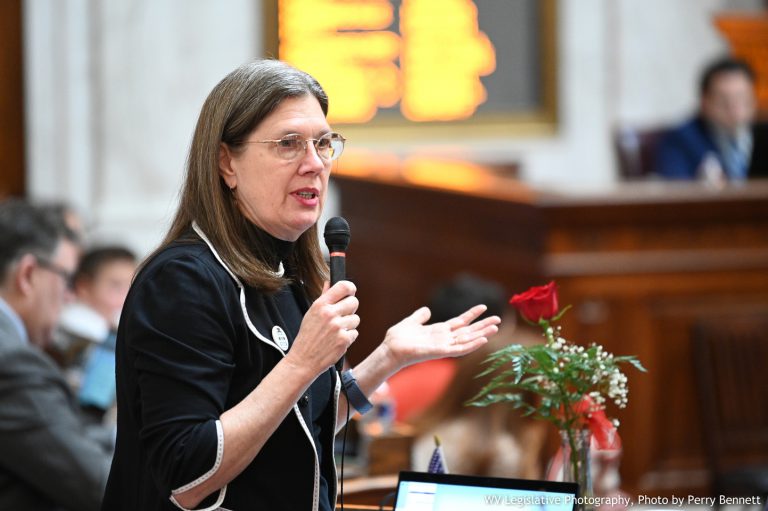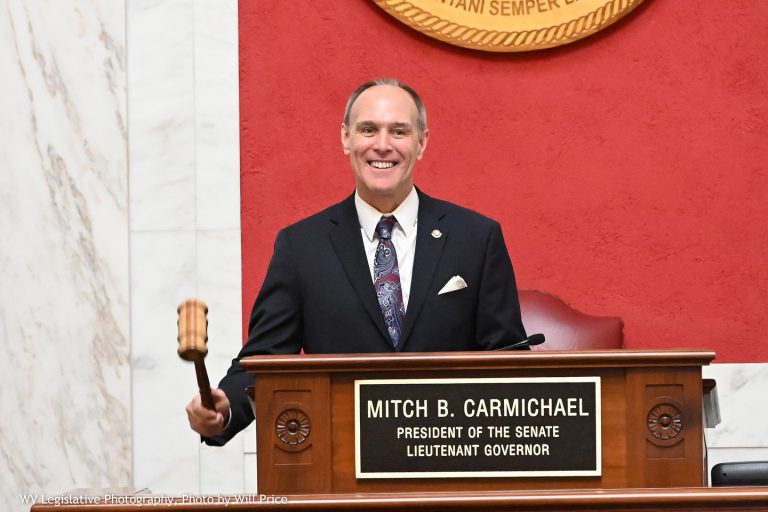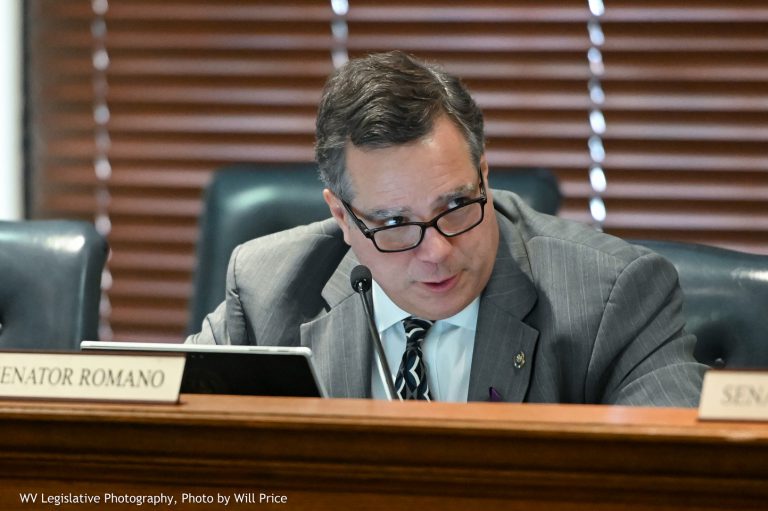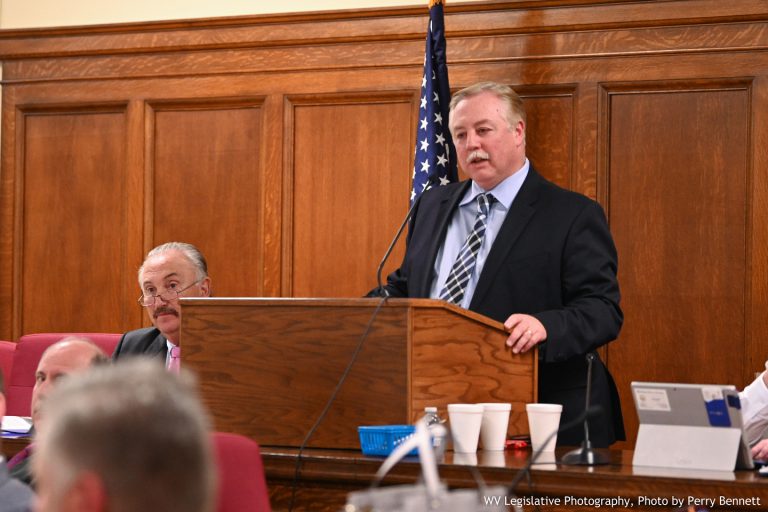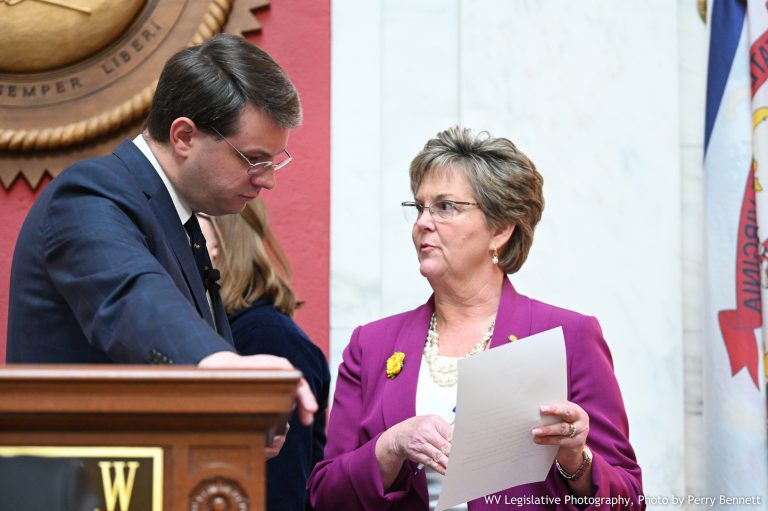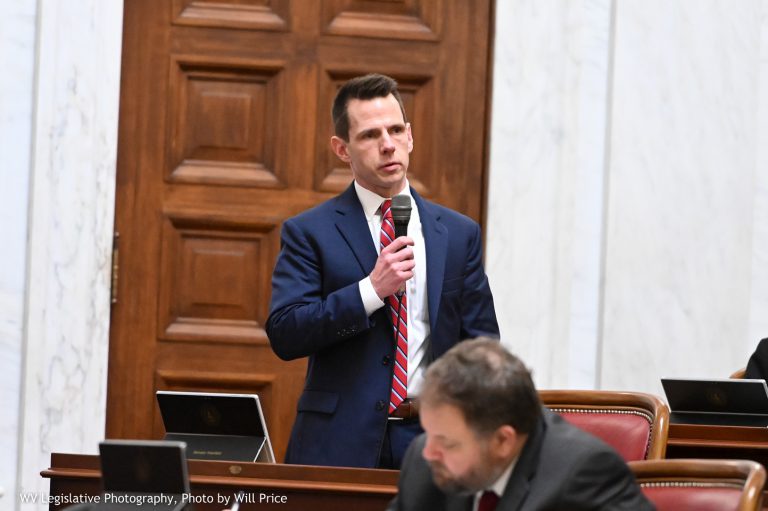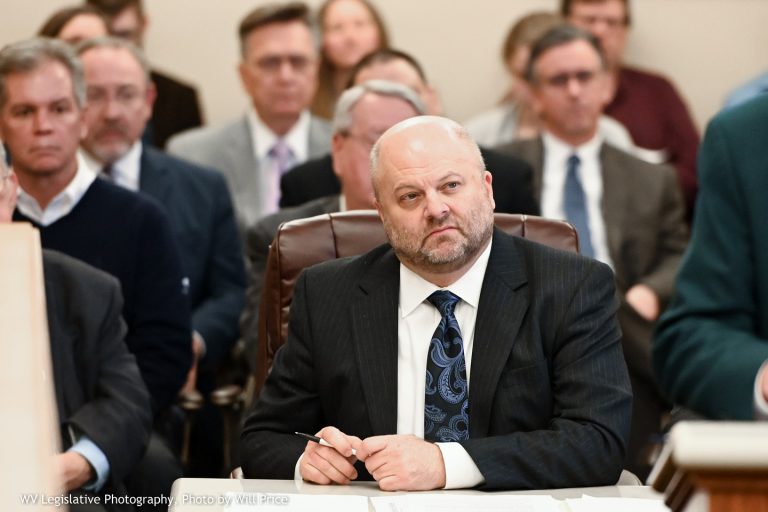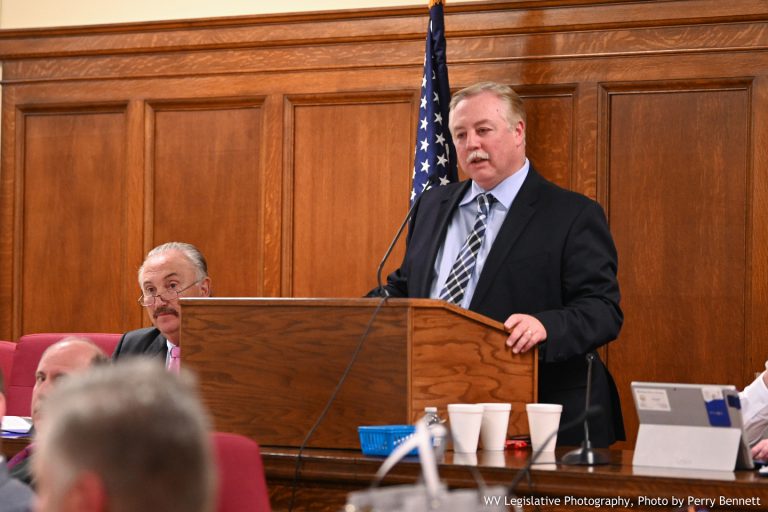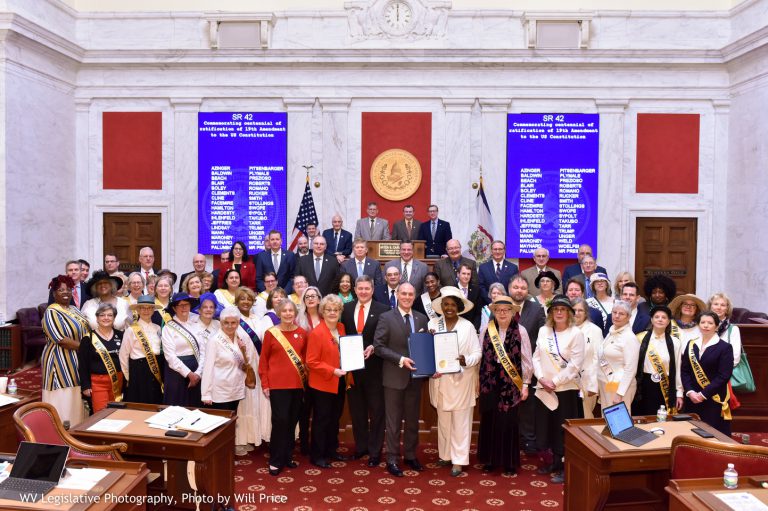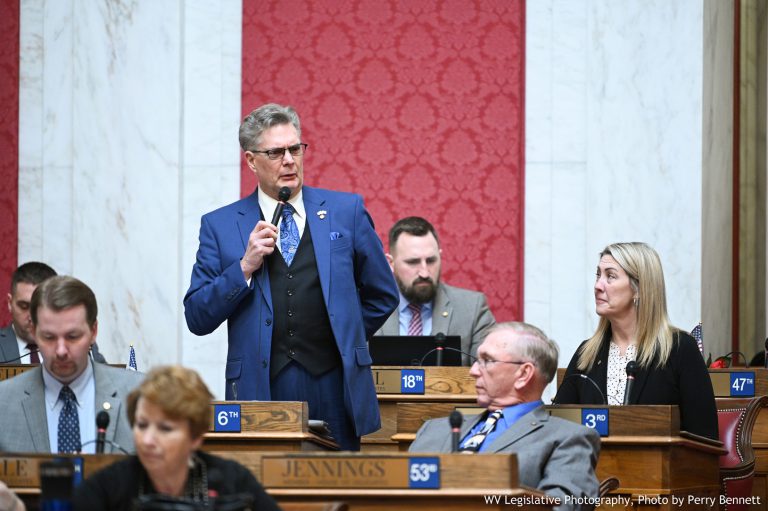The House passed House Bill 4543 Wednesday, which would create a cap on the price of insulin.
House Bill 4543 aims to reduce the skyrocketing costs of insulin by capping the cost of a 30-day supply of insulin at $25 with insurance.
More than 240,000 West Virginians have diabetes, and it is estimated that over 65,000 people have the disease undiagnosed. Most of these people rely on daily doses of insulin to survive. The cost of insulin can exceed $600 per month even with insurance. One in four diabetics ration their insulin due to the high costs. This causes organ failure and even death.
Under this bill, health insurance policies and plans that are issued or renewed by July 1, 2020 must provides coverage for insulin that follows the guidelines of this bill.
Although this bill caps the cost of insulin at $25 per month, nothing stops insurance companies from making the price even lower. This bill covers those with private or PEIA insurance but does not cover those with Medicare or Medicaid.
Barbara Fleischauer, D- Monongalia, is one of the sponsors of this bill. During the floor session, she spoke in the words of the scientist who discovered insulin, “No one should profit from a lifesaving medication.”
This bill has had strong bipartisan support since it was introduced.
The House passed 11 other bills.
The House concurred with the Senate amendment for House Bill 4353, therefore completing action on the bill.
Seventeen bills were advanced to third reading. Fifteen bills were advanced to second reading.
Action for two bills, House Bills 4852 and 2663, was postponed for one day.
The House is adjourned until 11 a.m. Thursday.


